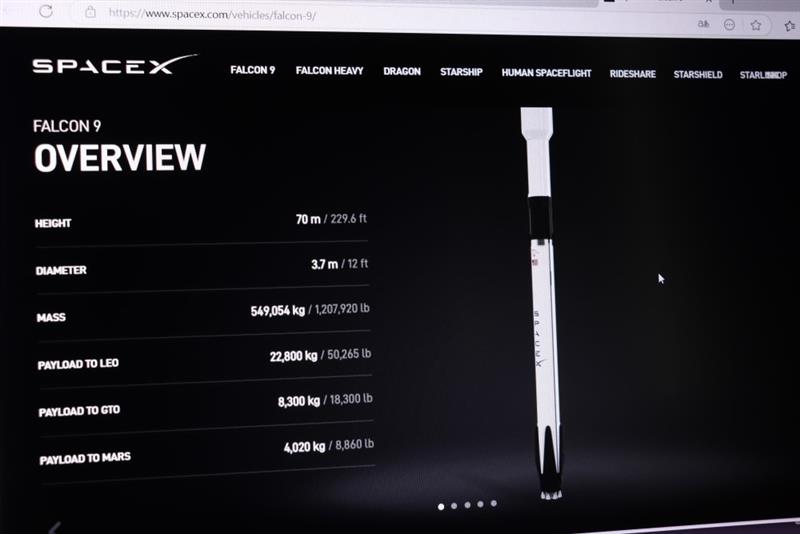Scientists study the feline oncogenome and compare it to the human one
Although cancer is a common cause of death in domestic cats, little is known about the range of genes affected and how they compare with the oncogenome in humans. A study published in Science sequenced cancer-related genes in 493 samples from 13 different types of feline cancer to obtain a clearer picture of the feline oncogenome. The genes were also compared with known cancer-associated mutations in humans.









